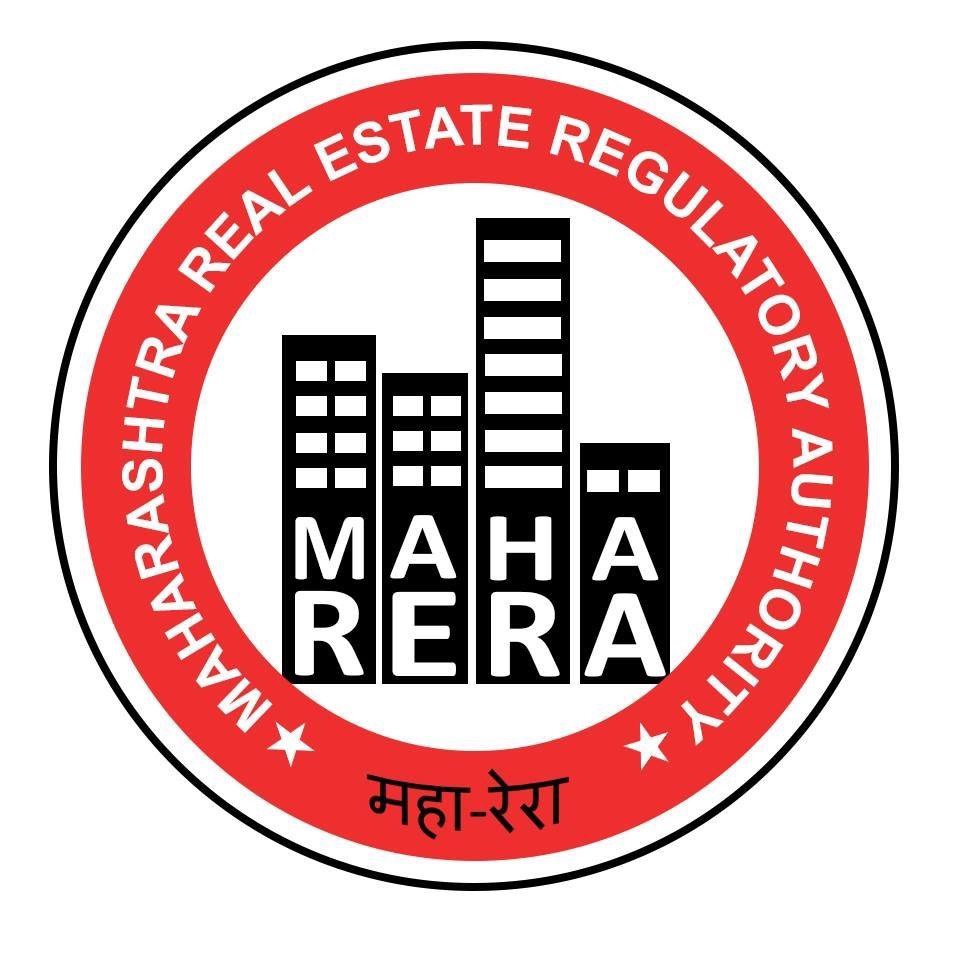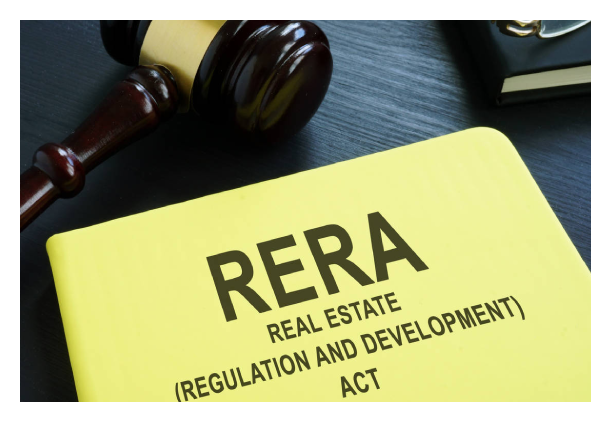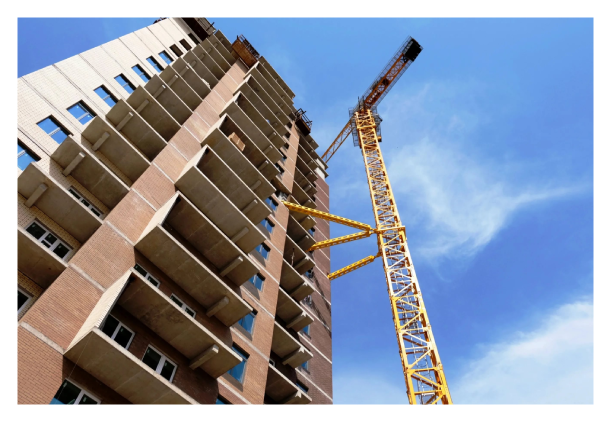A second criticism leveled at the prospective buyer came from the state real estate regulator for failing to fulfill payment obligations despite numerous reminders.
While considering a complaint submitted by an Abu Dhabi homebuyer, the Maharashtra Real Estate Regulatory Authority (MahaRERA) has instructed Larsen & Toubro (L&T) to take only 2% of the amount already paid and return the remaining amount.
This is the regulator’s second decision following a comparable case involving Godrej Properties.
The conglomerate’s real estate division, L&T Realty, developed a project in Mumbai’s Kurla neighborhood. The non-resident Indian (NRI) paid more than Rs 25 lakh toward the project’s overall cost of Rs 2.29 crore.
However, because the remaining amount was not paid, L&T eventually canceled the reservation. With a cancellation charge of more than Rs 8 lakh, or roughly 3.49 percent of the total flat price, L&T offered the buyer Rs 17 lakh.
When a booking is terminated, MahaRERA’s order instructs L&T to deduct no more than 2 percent of the total amount paid.
On April 8, Moneycontrol reported that MahaRERA had ordered Godrej Greenview Housing Private Limited, a division of Godrej Properties, to take out a mere 2 percent, instead of 5 percent, and return the remaining funds to a buyer who had reserved and canceled an apartment worth Rs 92 lakh at the Godrej Emerald development in Thane, close to Mumbai.
The case
The buyer, currently in the United Arab Emirates, reserved a unit and got an allotment letter in March 2018 at the Emerald Isle-T10 project in Kurla, Mumbai.
The buyer paid approximately Rs 25 lakh, which made up 10.50 percent of the total cost.
Due to the bank subvention scheme’s termination, the buyer could not finish the transaction.
In a subvention scheme, the buyer, developer, and buyer’s lender enter into a three-way agreement whereby the buyer contributes up to 10% of the total cost, with the financial institution bearing the remaining amount. Equivalent monthly installments start once the buyer receives possession of the property.
The developer argued before MahaRERA that the complainant (homebuyer) failed to appear to sign the sale agreement despite its efforts, an assertion that the buyer challenged.
The developer said at the MahaRERA conciliation forum that he was willing and able to reimburse the buyer for Rs 17 lakh.
They could not agree on the sum and thus couldn’t sign the consent terms.
For his inability to travel to India and carry out the sale agreement, he cited COVID-19.
Apart from refunding the allegation of sufficient funds, he asserted that he had enough cash on hand and that the sale agreement was unsigned, so he was not required to pay the developer.
Despite the developer’s request in June 2019, the MahaRERA stated in its order dated March 11 that the buyer had not explained why he had not paid the stamp duty and registration fees required to complete the sale agreement.
“The MahaRERA order stated that despite the respondent’s repeated correspondences, all of these facts point to the complainant’s flimsy justifications for avoiding timely payment and the execution of the sale justifications for avoiding timely payment and the execution of the sale agreement.”
Given that the homebuyer had requested to leave the project along with a refund, MahaRERA ordered the developer to return the money paid without interest after deducting 2 percent of the total consideration (value).












